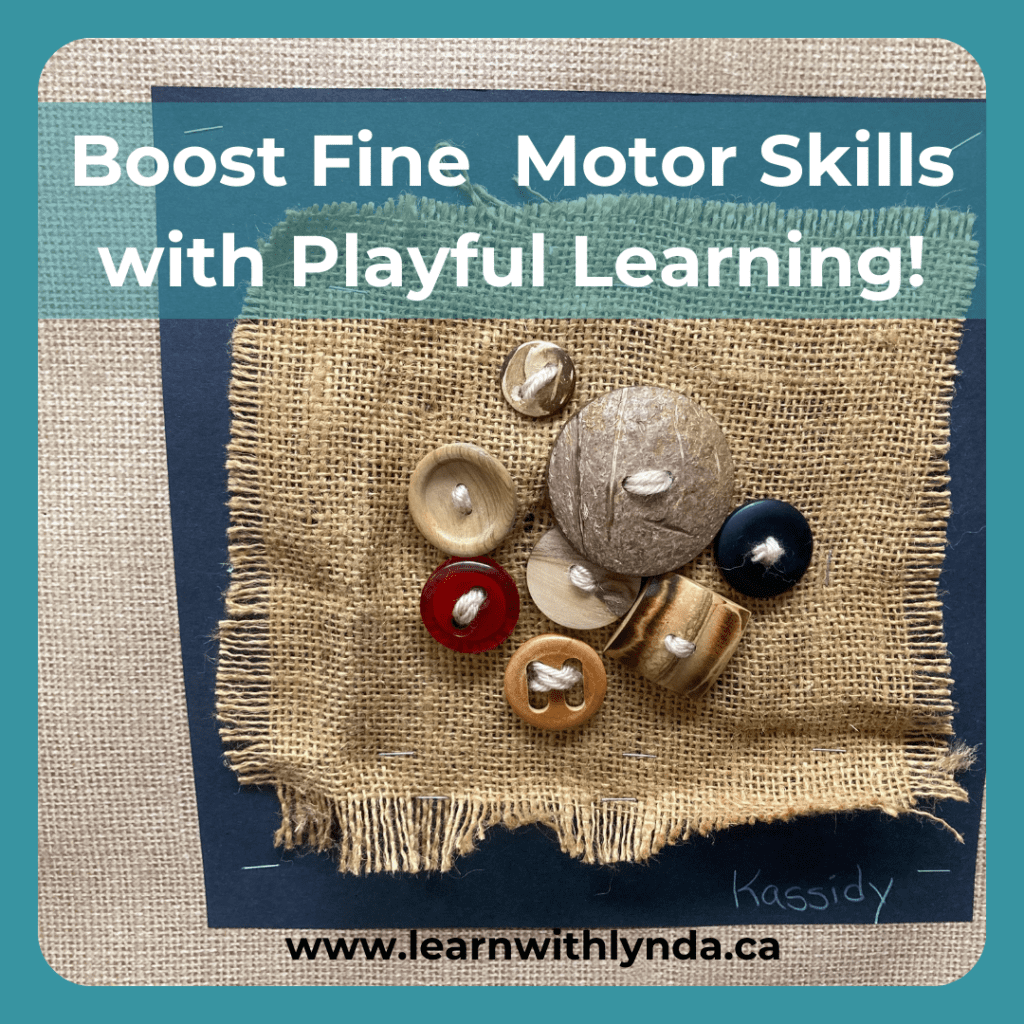Fine motor skills are essential for children’s growth. It helps them perform everyday tasks like writing, buttoning clothes, and tying shoelaces. These small muscle movements require control and precision, and playful learning offers a fun and effective way to strengthen these skills.
What Are Fine Motor Skills?
Fine motor skills involve the coordination of small muscles in the hands, fingers, and wrists. They are necessary for tasks like gripping a pencil, using scissors, or threading beads. Developing these skills in the early years sets the foundation for success in school and beyond.



Benefits of Playful Learning for Fine Motor Skills
Playful learning experiences allow children to develop fine motor skills naturally and enjoyably. Here are some key benefits:
Improved Dexterity and Control
Activities like building with LEGO, stringing beads, or assembling puzzles require children to manipulate small objects. This practice strengthens their hand muscles and improves their ability to control precise movements.
Enhanced Creativity and Problem-Solving
Many playful activities encourage children to explore and think creatively. For example, using Play-Doh or modeling clay lets them pinch, roll, and sculpt, which boosts finger strength while inspiring creativity.


Increased Focus and Patience
Activities that involve fine motor skills often require attention and persistence. Threading beads or stacking blocks encourages children to concentrate, problem-solve, and stay engaged.
Preparation for Writing and Drawing
Tasks like coloring, tracing, or playing with tweezers help children develop the pencil grip and hand strength needed for writing. Changing the surface size or texture, like drawing on an easel or a large sheet of paper, also enhances spatial awareness.


Sensory Integration
Playful learning often combines sensory experiences with fine motor skill development. Activities like playing with sand, water, or textured materials engage multiple senses, helping children process and respond to their environment effectively.


Ideas for Playful Learning Activities
Here are some simple, engaging activities to support fine motor development:
- Loose Parts Play: Offer small items like buttons, pebbles, and bottle caps for sorting, stacking, or creating patterns.
- Cutting and Gluing: Let children cut paper and create collages to practice scissor skills.
- Threading and Lacing: Provide laces and beads or cards with holes for lacing to refine coordination.
- Painting and Drawing: Use brushes, sponges, or fingers to explore art while building hand strength.
- Building and Construction: Encourage children to use blocks, LEGOs, or magnetic tiles to construct their own creations.
Supporting Children’s Development
Both teachers and parents play vital roles in creating environments that encourage fine motor skill development. Offer a variety of materials and plenty of time for children to explore and practice. Celebrate their efforts to build their confidence and motivation.
Playful learning isn’t just fun—it’s a critical way to help children develop the fine motor skills they need for school and life. By incorporating these experiences into daily routines, you can set children on a path toward success.
Happy Learning,
Lynda





